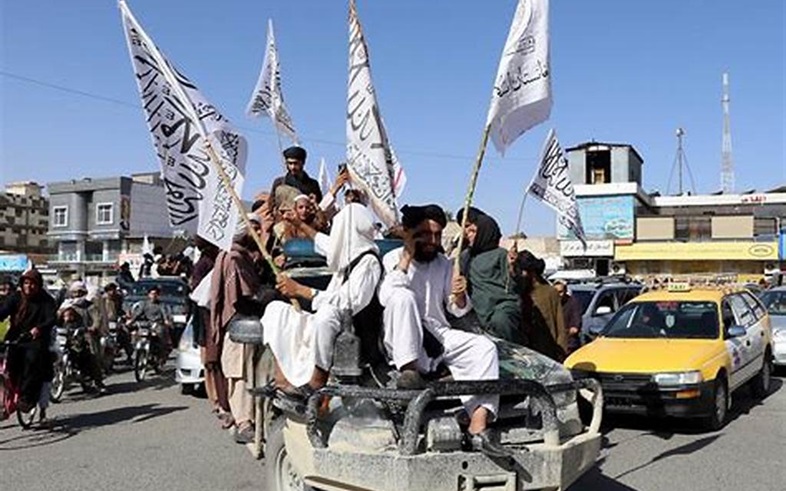We have witnessed the three-year anniversary of the disastrous and shameful fall of the Ghani Republic, while this event will forever remain in our minds as the “darkest” point in the contemporary history of our country, and future generations will remember it as a “historical tragedy”.
If we ignore the consequences of the fall, the examination of the record of the republic and the analysis of the factors of its decline can have many lessons for the future governments and especially for the “Islamic Emirate” which is currently in power.
It is also logical and wise that, based on the scientific definition of history, the future generations should learn from the past and what they did and did not do, and use it as a light for their path so that positive change and improvement can be achieved.
Contrary to the speeches and slogans that were chanted, the pyramid of power in the republic system, in fact, during the two decades of governance, was always busy “hitting its roots”.
Discrimination and exclusivity were one of the most obvious and decisive factors that served as the “sharpest ax” in cutting the roots of the republic. Despite the agreements that formed the basis of its formation, this government gradually followed the path of “ethnicization” and by adopting the policy of “removing others” from the body of power and politics and concentrating power in the hands of a very specific and limited circle, its national legitimacy brought it close to zero and caused “national mistrust”. This is a very big lesson that the “Islamic Emirate” must seriously consider and avoid repeating, otherwise it has actually followed in the footsteps of Karzai and Ghani.
“Corruption” and “law-breaking” was another blade of a multi-edged ax that cut another part of the roots of the republican system and helped to dry up its stems. All levels of the government in the republic government, from the presidential palace to the ministers, governors, chiefs, etc., had wealth accumulation and looting of the treasury as their first priority. In fact, there was a great race and competition at the national level over the looting of projects and financial resources, and foreign financial aid, which was seen as windfall money, raised the level of competition in looting and theft of national capital and intensified it. In the meantime, the existing laws in the country, which according to experts were among the best and most modern laws in the region, did not have the status of “paperwork” and included collusion, illicit relationships, bargaining, self-dealing, economic and political conflicts, luxury and limitless ceremonies, etc., had formed the most practical routine in government.
At present, no person or department can deny the existence of corruption in government organizations in a documented and logical way. In other words, corruption may still be widespread at all levels. Especially since a number of employees of the previous government are present in government offices and due to their skills and experience in organizing corruption, they may gradually infect others with this destructive phenomenon and help to promote and spread it.
Therefore, the “Islamic Emirate” should know that the spread of administrative corruption will destroy governance in the shortest possible time, create the basis of widespread social dissatisfaction, and deprive citizens of their trust.
In addition to these two fundamental cases, there are countless other cases that should be in the center of attention of the caretaker government’s policymakers as lessons inherited from the republic. Although we see that in some cases, the current authorities imitate the past; This has even led to complaints.











Read More
Even Iran’s Senior Team Couldn’t Overpower Afghanistan – The Fear Was Evident
Afghanistan National Futsal Team Starts Strong with a Decisive Victory over Tajikistan
Afghanistan National Futsal Team Faces a Tough Challenge in the “Group of Death” at the Islamic Solidarity Games